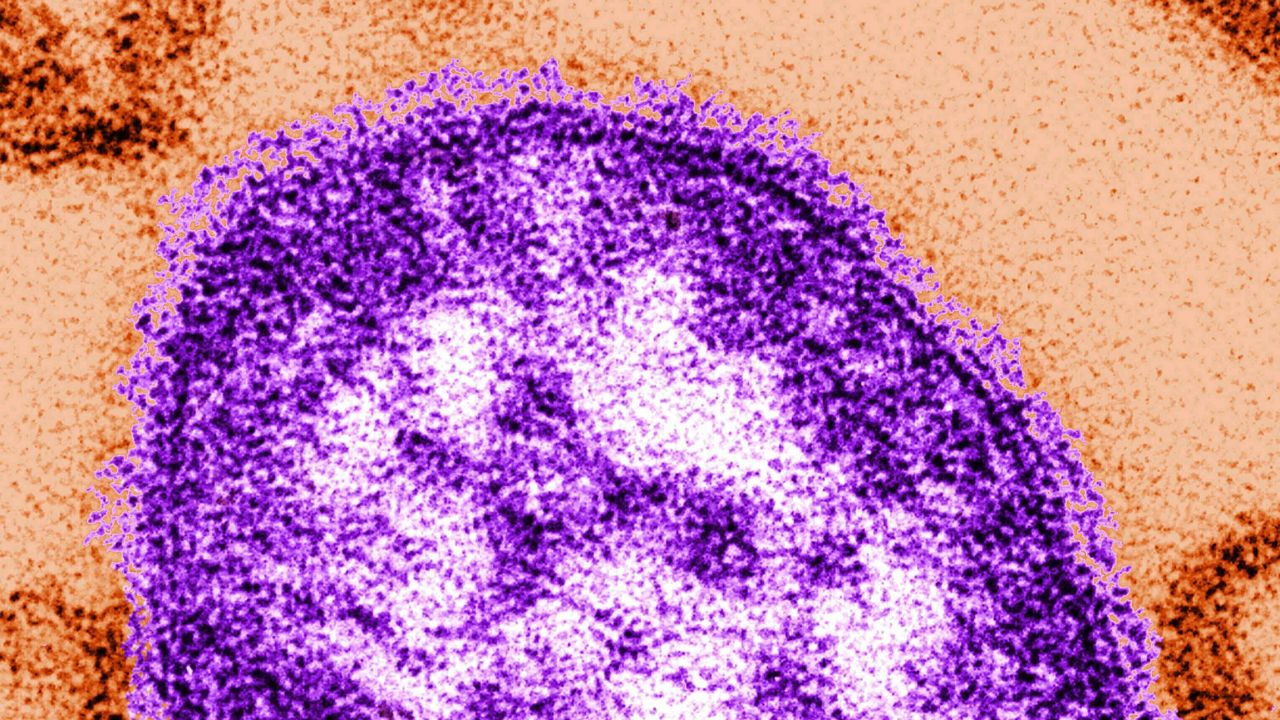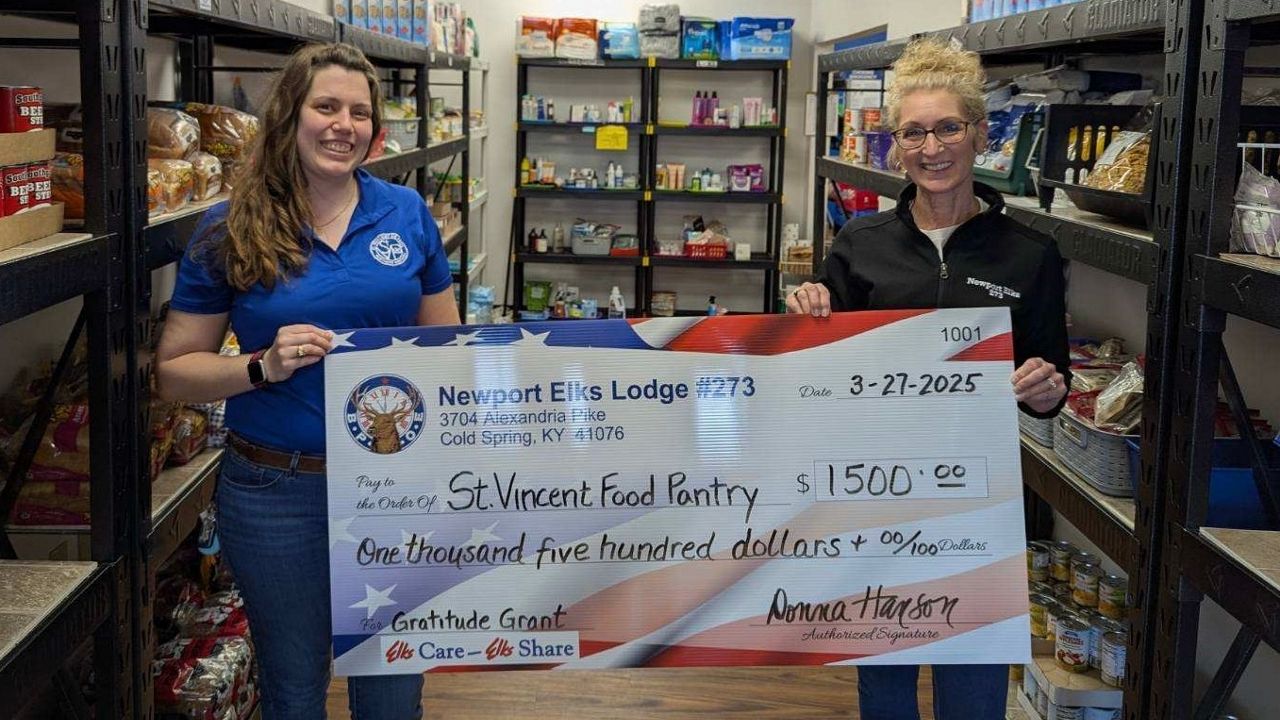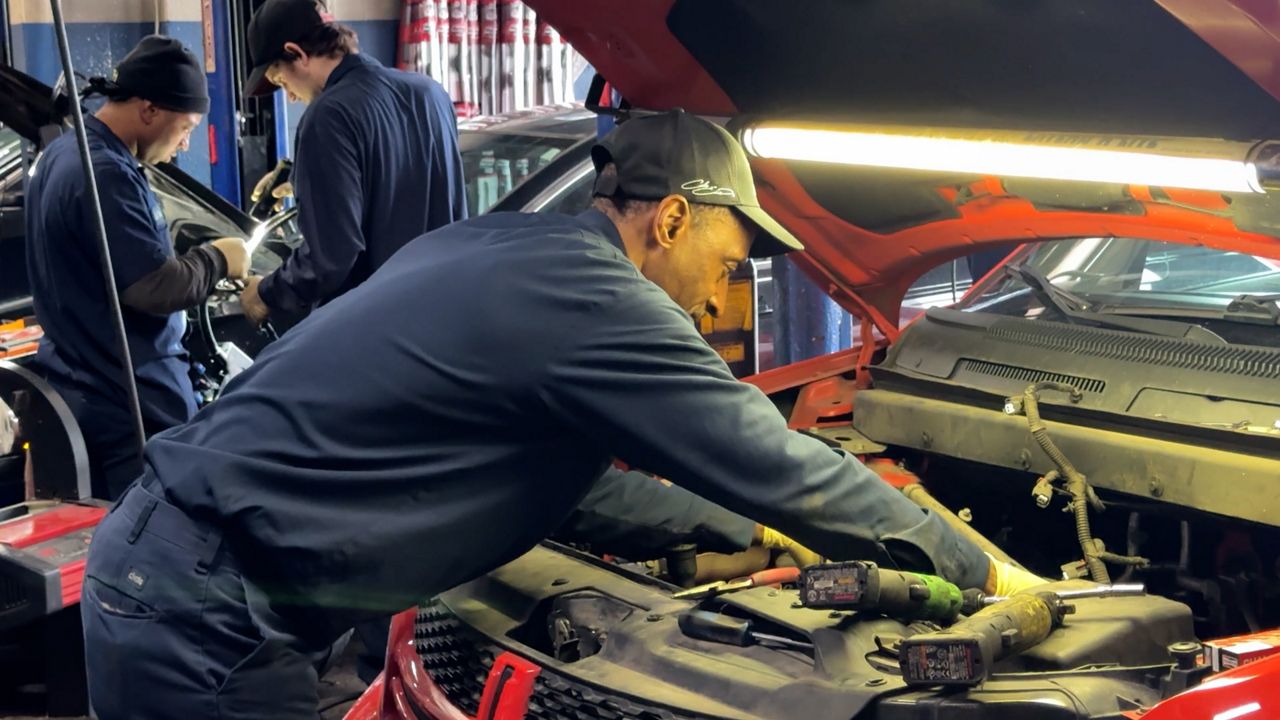CLEVELAND — The month of Ramadan is a time for Muslims to grow spiritually and take part in acts of charity. One man in northeast Ohio is making space for Cleveland’s newest immigrants and refugees at a mosque.
Zahid Siddiqui said his outreach work often depends on which refugee group comes to town.
“It's a seasonal. Right now, the season is on the Afghans. Next probably will be the Ukrainians,” Siddiqui said.
As one of the directors of Salaam Cleveland, a group that started by his wife to create an understanding between different faiths and ethnicities, it’s his job to make sure refugees have what they need.
“Like I said, we don't have any fixed programs, but whatever we can, we do for them,” Siddiqui said.
This includes creating spaces for immigrants and refugees of the Muslim faith to worship freely. In the early 2000s, Salaam Cleveland helped fund the purchase of the Mohammad Rasoul Allah Islamic Society.
“We bought it from the Shia community for the refugees and immigrants,” Siddiqui said.
Just like all places of worship, Siddiqui said this mosque provides a sense of community for the faithful and those who are newly settled in the area.
“The only thing they knew is their religion, because the religion was the same as back home,” Siddiqui said. “So, the solace or the comfort you can draw from religion, you can only get it in a communal gathering.”
Following the practices of Islam, Siddiqui took his shoes off before he entered the prayer room, but added that prayer is not the building’s only purpose.
“We housed families right in here. They were living like 10 to 50 people,” Siddiqui said, during a tour of the upstairs.
This sense of community is actually what brought Siddiqui to the states.
“Believe it or not, I came because of religious oppression in India,” Siddiqui said.
However, the oppression that Siddiqui experienced back home in India didn’t stop once he got here.
“At that time, the Muslims had a very bad name because of (Sept. 11, 2001),” Siddiqui said.
He said the mosque allows him to continue welcoming immigrants and refugees to the area as he reverses the stereotypes related to his religion.
Pointing around the room after their 2 p.m. prayer, Siddiqui said, “I’m an Indian. That guy came from Pakistan. I think he's from India, also. He's from Arabia or from the Middle East some place. So, even in a small cross section like this, you will see there's people from everywhere.”
He said it’s this blessing of unity beyond borders that he once prayed for.










